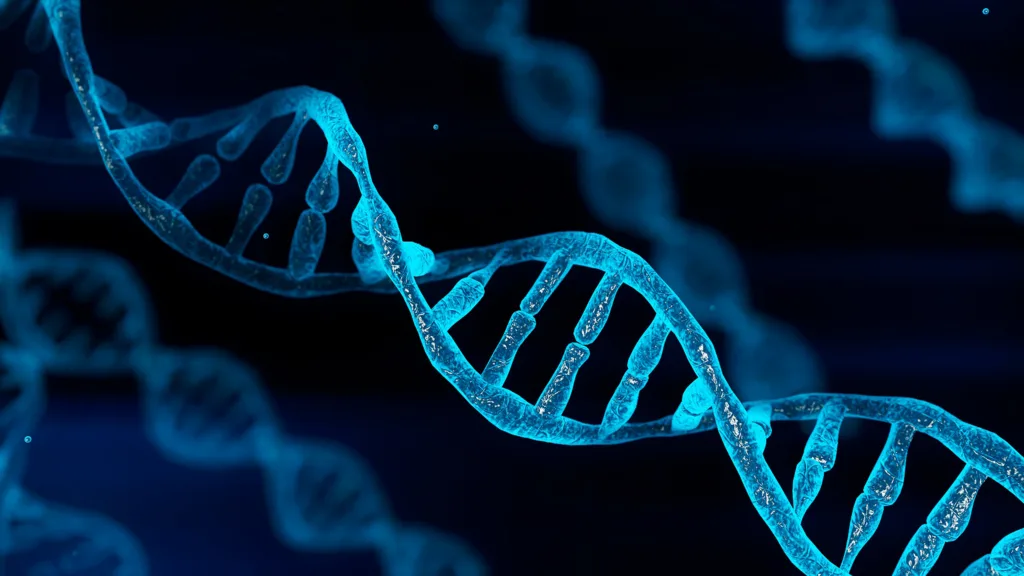
Bipolar disorder often gets dismissed in teens due to the common tendency to write off teens’ extreme or apathetic behaviors as simply the result of hormones. While that is sometimes the case, other times it goes much deeper.
In this article, we’re going to discuss the most common signs of bipolar disorder that parents should be aware of in case their teen begins exhibiting symptoms, as this is a disorder that typically requires professional help to manage and relieve.
Main types of bipolar disorder
Bipolar disorder is a type of depression that is characterized by an individual who experiences fluctuating extremes of both manic and depressive episodes.
The two most common types of bipolar disorder are Bipolar I and Bipolar II.
Bipolar I — formerly referred to as manic depression — is the most commonly diagnosed form of bipolar disorder that causes an individual to experience extreme mood swings that range from mania to depression.
Bipolar II is similar to Bipolar I in that it also contains depressive episodes, but rather than the counterpart being long-lasting manic episodes, the alternative is hypomanic episodes (a less extreme form of mania).
Though these are the most common types of bipolar disorder, some people suggest there are as many as seven different forms of this disorder.
What causes bipolar disorder?
The exact causes of bipolar disorder will depend on the type of bipolar disorder your teen is struggling with, but there are also three personal factors that play a big role.
People
Social influences could be family, friends, coworkers, or anyone your teen is spending time with and engaging with on a frequent basis. The people we surround ourselves with are more influential than we often realize, to the point of negatively affecting not only our mental health but how we function on a daily basis.
Without micromanaging, remain interested in your teen’s life, pay attention if they negatively bring up certain people, and be a supportive presence to help them navigate their personal (and potentially professional) relationships.
Environment
Where we spend the majority of our time affects our health in two big ways, mentally and physically. For example, if you moved to a new town and your teen is struggling to make new friends, that’s the environment affecting them in a mental way.
Alternatively, if you moved to an agricultural area, you’d both be subjected to the chemicals sprayed across the fields; that’s the environment affecting them in a physical way.
We cannot always choose our environment, but it’s important to help your teen find a place they enjoy, that makes them feel understood and at peace. This could be a beach or state park, a local bookstore, an eclectic coffee shop or so many others; be open to exploring with them.
Physical health
What we consume directly impacts the state of our physical health, and our physical health directly impacts the health of our mind and brain. For example, the frequent consumption of tobacco, alcohol, sugar, fried foods (chips and fast food) and highly processed foods (most prepackaged meals, lunch meat, vegan meat alternatives) all take a toll on our health.
Many of the health issues that develop from an unhealthy diet lead to more problems (such as brain inflammation, poor gut health and thyroid and hormone issues) that directly, and negatively impact brain health.
Rather than overwhelm yourself and your budget by trying to transform your entire lifestyle, start with small changes like encouraging your teen to spend more time in nature, drinking more water, and providing healthier alternatives to common fried or sugary pantry snacks.
Now that you know the main causes of bipolar disorder, it’s time to learn the signs so you can better discern if your teen is silently (oftentimes, unknowingly) struggling with bipolar disorder.
Signs of bipolar disorder
Many parents struggle to identify bipolar disorder in their teens because of how natural teenage hormonal and emotional symptoms can mimic the symptoms of mild bipolar disorder, but there are some more concrete symptoms to be aware of.
Symptoms of mania include:
- Overly euphoric in sudden occurrences
- Acting uncharacteristically immature for their age
- Have a short temper that can result in external aggression
- Exhibit high energy despite having sleep difficulties
- Interested in or participating in high-risk activities
- Heightened interest or vocalization around sex
Symptoms of depression include:
- Bouts of extreme sadness and melancholy
- Frequent headaches and body aches
- Unhealthy sleep patterns, such as sleeping a lot or not at all
- Overeating or undereating
- Disinterested and apathetic towards once-enjoyed activities or people
- Vocalizations of low self-esteem, despair, death or suicide
- Engaging in self-harming practices
At best, bipolar disorder causes manageable disruptions in your life, but in the more severe cases, it can lead to dangerous or even life-threatening behaviors. This is why it’s important to seek professional help whenever this disorder is suspected to be present.
Receive confidential help today
At High Focus Centers, your teen’s health and happiness are our top priority.
We specialize in outpatient mental health and substance use treatment programs that are client-focused in order to meet your individual needs.
Send us a confidential message today to learn more about how we can help your teen.
Recent Posts
- How Mood Stabilizers Work to Restore Emotional Balance
- Trauma-Informed Approaches in Therapy: Why Understanding Trauma is Essential for Healing
- Using Art as a Voice: Exploring the Therapeutic Benefits of Creativity
- What is Xylazine?
- How Overcoming Roadblocks is Crucial to Recovery – And How Your Treatment Center Can Help




